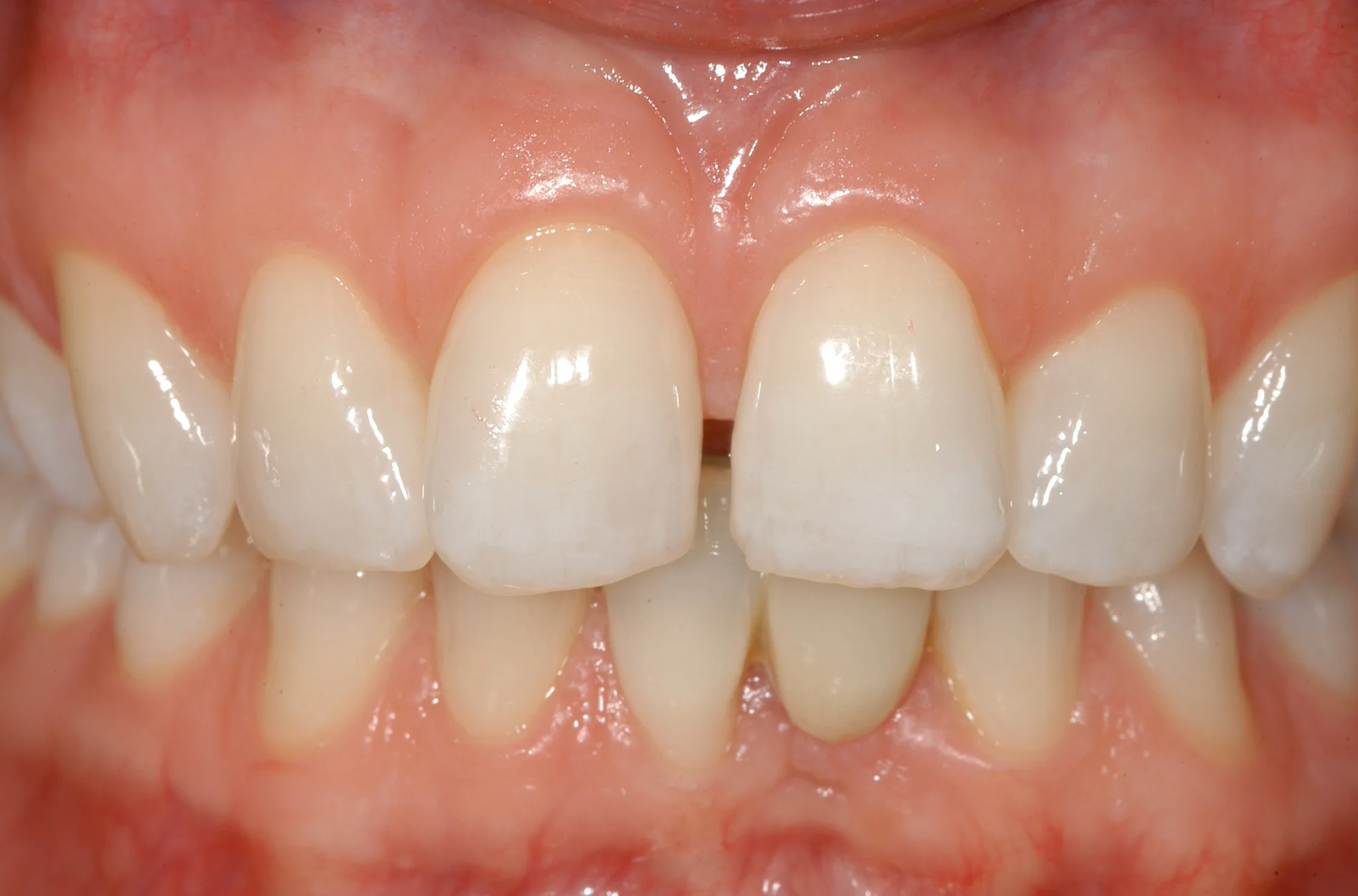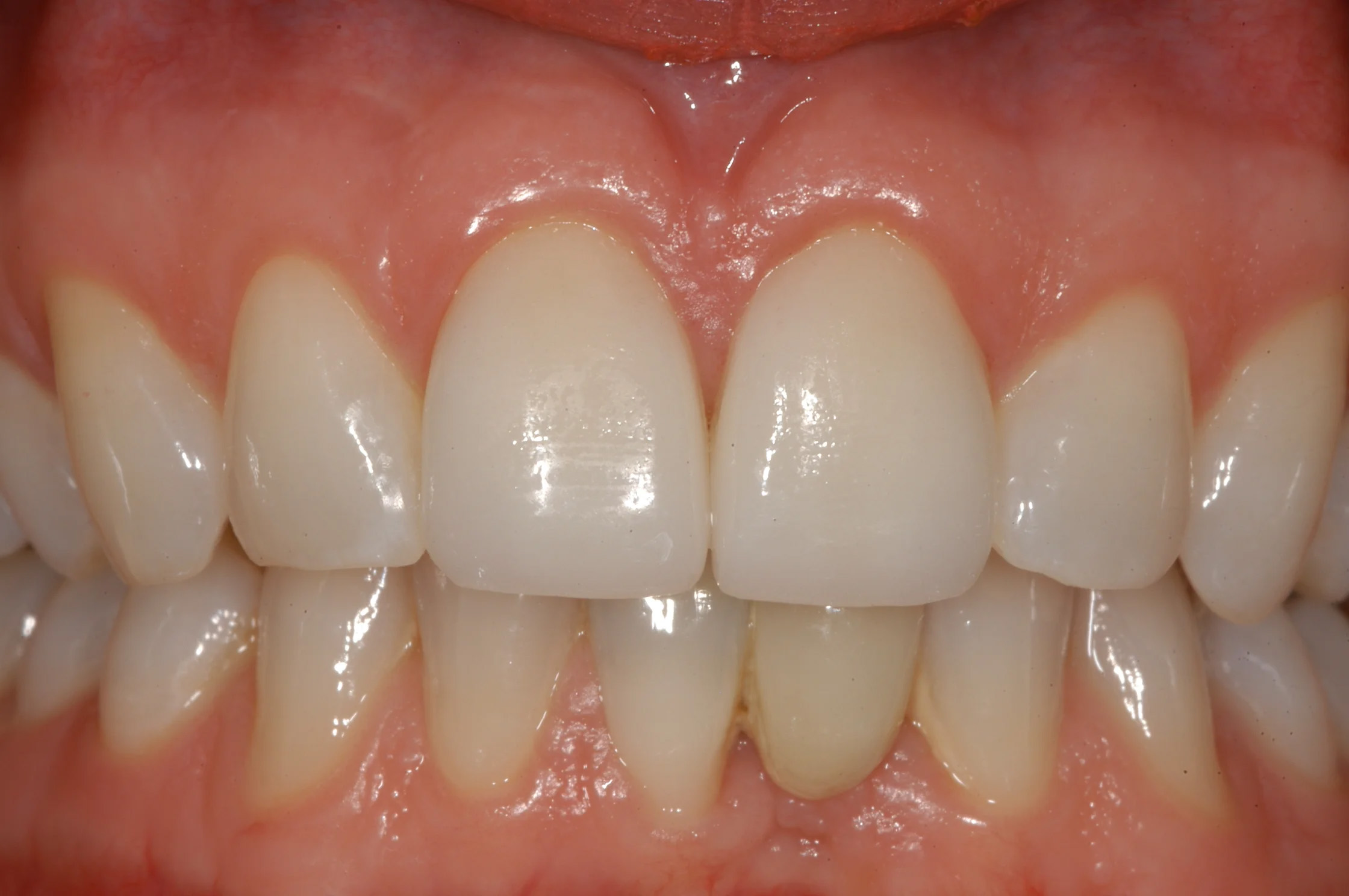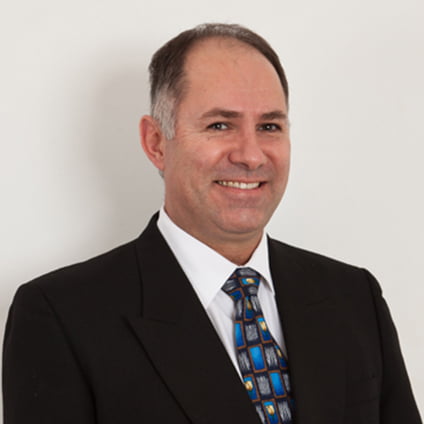The prosthodontist’s intensive training beyond the standard norms of the dental degree gives him insight and expertise in the fields of numerous other medical disciplines, giving him a wide range of diagnostic insight and diversified approaches to oral health solutions.
Imperfect teeth, whether by birth abnormality, traumatic accident or natural decay, can be replaced with attractive, functional teeth in the office of a prosthodontist.
What does a prosthodontist do?
A prosthodontist will usually treat the more difficult dental problems such as people who are missing many teeth or have significant functional or aesthetic problems. While the general practitioner is capable of handling most simple crown and bridge procedures to replace and repair missing teeth, the prosthodontist should be consulted for the difficult and complex type of dental treatment involved in restoring an entire arch or the whole mouth.
Patients considering dental implants or major changes in their appearance should consult with a prosthodontist to assure that they are receiving the best possible care for their teeth. These difficult treatments require the expertise that is only available from a qualified prosthodontist.
Prosthodontist & health
Having good teeth (natural or artificial) or tooth substitutes helps you to maintain your health. Proper chewing (mastication) of food is essential especially as you grow older. If you can’t chew properly, it is more difficult to gain the nutrition that you need.
Being able to chew effectively also helps you maintain your quality of life. Eating has become much more than a necessity. It is also a major social function that grows in importance as we age. The goal of your prosthodontist is to enable his patients to eat without the embarrassment or pain associated with poor fitting dentures or poorly constructed dental prostheses.






